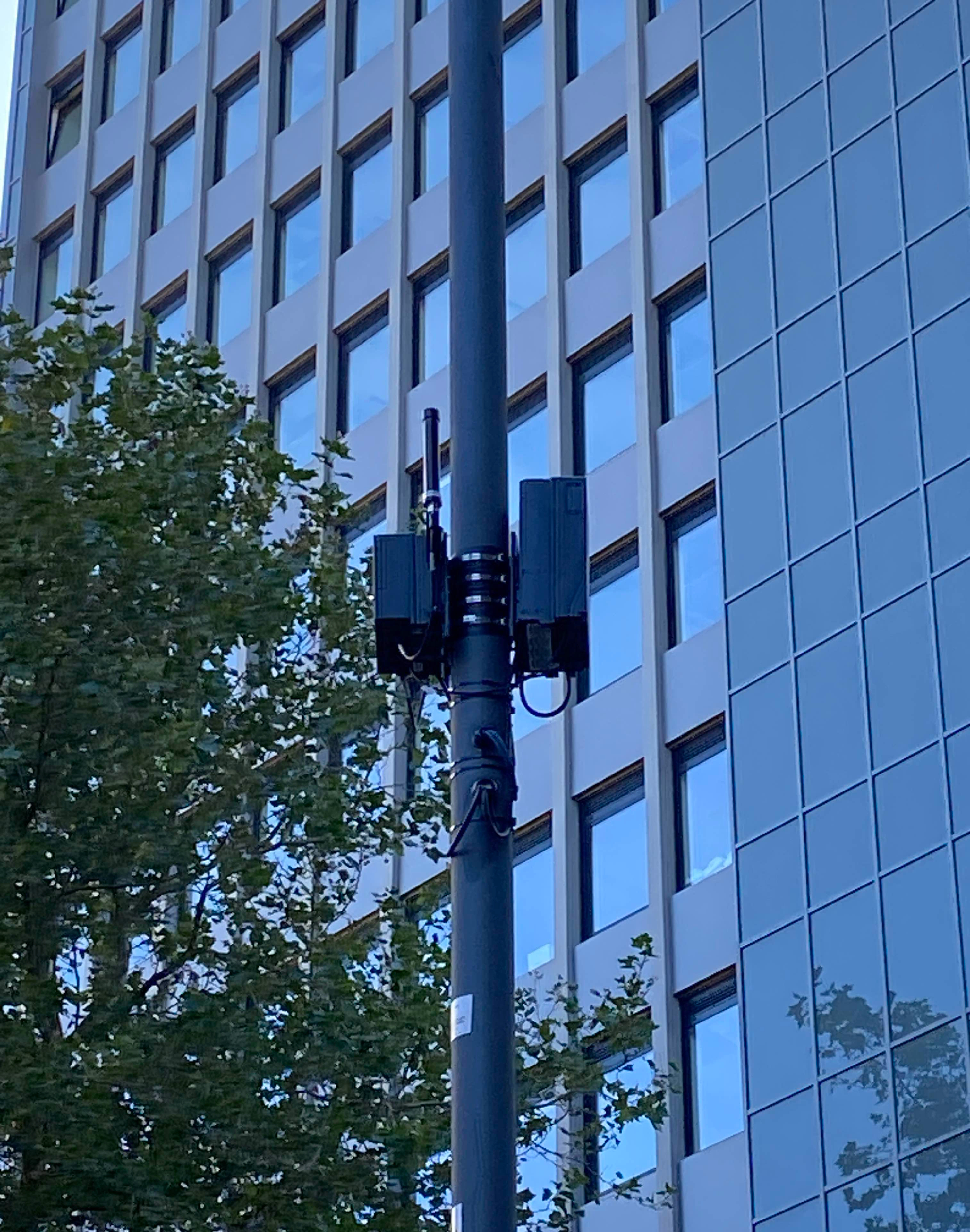Mediacentre

- 11 Jul 2016
- ·
- M&A
Cellnex Telecom enters France with the acquisition of 230 telecommunication towers from Bouygues Telecom
The agreement provides for an extension up to 500 towers in a second phase
- Cellnex will invest €80 million for the initial acquisition of 230 towers from Bouygues. In a second stage this number of towers may increase up to 500.
- This is the first deal of Cellnex Telecom in France and opens a long-term industrial collaboration with Bouygues Telecom, to address the challenge of mobile broadband based on 4G and 5G standards.
- The agreement with Bouygues Telecom consolidates Cellnex as the operator of telecom infrastructure with a more extensive presence in European markets and able to offer its network of sites in Spain, Italy, Holland and now France.
- Expected contribution to revenues from these assets will be around € 6,9 million for a 12 month period, including other third parties.
- Cellnex has signed a 20 year contract with Bouygues Telecom.
- The transaction will be financed through existing credit lines.
Barcelona, 11 July 2016.- Cellnex Telecom has reached an agreement to acquire, in a first phase, 230 telecommunication towers from Bouygues Telecom in France. The company closes a new operation with an investment of 80 million euros, that opens the French market and consolidates its profile as independent telecommunications infrastructure operator with European scope.
The agreement signed today includes a second phase, which is already being assessed and expected to close in the coming months, to expand up to 500 the total sites that can be acquired under this agreement.
Cellnex’s CEO, Tobias Martínez, highlighted the industrial logic of the current growth process and implantation of the company in different European markets: “the agreement with Bouygues Telecom is the beginning of a long-term collaboration with this operator of telecommunications services in France. We trust that this agreement opens the door to extend it in the future to other areas such as construction of new towers on demand (Build to Suit), or the deployment of new technologies based on the “small cells” for the mobile broadband extension. This deal strengthens our european scope and thus our ability for building a partnership with customers operating in different european markets to whom we can offer telecom connectivity solutions.”
“Over the last 18 months Cellnex has pushed forward a top-class transformational project that has taken us from being a single-country, single-product company to become a reference operator in four European countries; to diversify our business lines based on our “know how” in managing telecommunications infrastructures; to invest more than 1,100 million euros in growth; to double the Group’s key indicators and to consolidate a set of assets that provide us with stable and predictable long-term flows. Which is essential for a company that has an industrial project with the ambition to actively participate in the deployment of new infrastructure for mobile connectivity and broadband.”
Commenting the agreement, Francisco Reynés, Cellnex’s Chairman has stated that, “these operations consolidate the model of a neutral and independent telecommunications infrastructure operator focused on growth opportunities in Europe. This was the objective which underpinned the company’s IPO one year ago: gaining flexibility and leeway in order to seize the opportunities that we understood the market could offer us and which we are seeing confirmed with today’s deal with Bouygues, or the most recent ones with CommsCon in Italy and Protelindo in Netherlands”.
Agreement with Bouygues Telecom
The agreement with Bouygues Telecom involves the acquisition and integration, in a first phase, of 230 telecom towers for wireless data transmission and mobile telephony. With an investment of 80 million euros, it opens a path of long-term collaboration with one of the leading mobile operators in France. The acquisition of this portfolio of towers is accompanied by a contract that spans 20 years to provide services to Bouygues.
The towers are spread throughout France, mainly in rural and suburban areas, with a small percentage in urban areas too. In an ongoing second phase that is expected to close in the coming months, this initial package of 230 towers could be expanded up to 500.
Bouygues Telecom is the third mobile operator in France by turnover. It currently owns a portfolio of 15,000 sites. In recent years the company has launched a gradual process to separate and sell its non core infrastructure assets, accordingly with the trend towards outsourcing and operation by neutral and independent telecommunications infrastructure operators such as Cellnex Telecom.
The French market
France has 56,000 of the approximately 330,000 telecommunication signal transmission towers in Western Europe (thus not including the countries of Eastern Europe).
The country has various independent operators, which taken together manage more than 20% of all the towers nationwide.
In France, which enjoys an AA rating from S&P and Fitch, operators are currently rolling out 4G mobile broadband and do offer a 4G network coverage, which right now varies from about 60% to more than 75% of the population. As in other European countries, this roll-out is taking place on the basis of existing 2G and 3G towers. As in the rest of Europe, improving coverage to allow mobile access to broadband content in areas with large numbers of concurrent users is one of the challenges for the future. In this regard, rolling out a higher density and more capillary network by deploying “small cells” and distributed antenna systems (DAS) will constitute a growth vector in the French market over the coming years.
About Cellnex Telecom
Cellnex Telecom is the leading independent operator of wireless communications infrastructure in Europe, with a total portfolio above 16,100 sites. Cellnex closed the first quarter of 2016 with revenue of € 165 million (+41%) and EBITDA of € 63 million (+26%). The company runs operations in Spain, Italy, Netherlands and now France.
Cellnex classifies its activities into three areas: Mobile telephony infrastructures; audiovisual broadcasting networks; security and emergency service networks and solutions for smart urban infrastructure and services management (smart cities and the “Internet of Things” (IoT)).




























